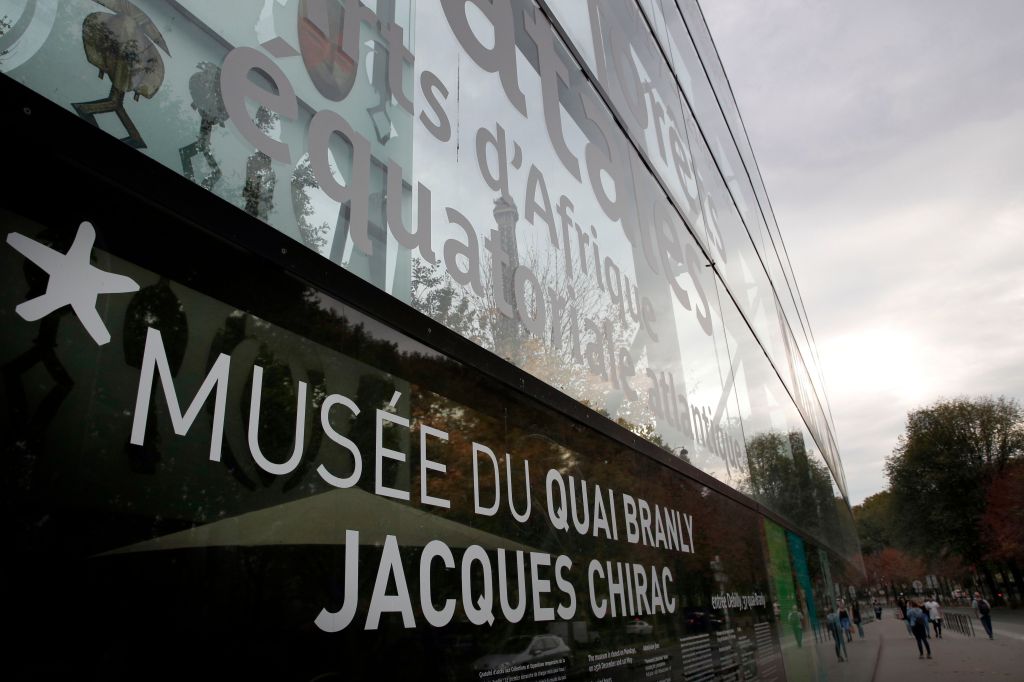[ad_1]
The debate surrounding an important report urging French museums to repatriate objects plundered from Africa continues to rage on.
Stéphane Martin, the president of the Musée du Quai Branly–Jacques Chirac, a Parisian institution that is home to roughly two-thirds of the 90,000 African objects owned by the French state, has been one of the most vocal opponents of that report, which was released in 2018 and authored by art historian Bénédicte Savoy and economist Felwine Sarr. In an interview published Thursday by the French newspaper Le Monde, Martin, who departs his post on January 9 after more than 20 years leading the museum, reaffirmed his disagreement with the report, saying that he prefers “sharing” the objects with the African countries from which they were removed instead of outright repatriating them.
“To deconstruct the history of collecting and collections is to misunderstand what is part of the cultural history of humanity,” Martin said, adding that Sarr and Savoy’s recommendation that the French state undertake a full-scale repatriation of African objects is an act of “self-flagellation and repentance.”
The interview is a sign that not all museum leaders agree with French president Emmanuel Macron, who has been leading the charge on repatriating objects to Africa. In December, France’s minister of culture, Franck Riester, made a promise to return 26 objects that were looted from Benin during the 19th century, including thrones and statues, by 2021—the first sign of action taken on a pledge first made in 2017. Those objects are currently housed at the Quai Branly, and have become some of the most controversial ones in the debates surrounding repatriation. (Pre-existing French legislation could keep the objects from leaving France’s holdings.) A month before that, France promised to send back a 19th-century sword to Senegal.
The Savoy/Sarr report, titled “The Restitution of African Cultural Heritage. Toward a New Relational Ethics,” has been polarizing for a number of reasons—including that France has been slow to act on vows to begin returning objects. Some experts have accused the French government of resisting repatriation, while others have alleged that doing so could permanently alter the Quai Branly and other similar institutions in ways that are potentially negative.
The Le Monde interview is also one of the first times that Martin, who has overseen the museum since its founding in 1998, has offered an alternative to repatriation: hiring a more diverse staff that better represents the areas of the world in which the Quai Branly specializes. “It is still very complicated to bring in conservators from the countries of origin,” Martin said, adding that such a practice is currently being undertaken by museums in Australia and the Netherlands. “This is the next step for us.”
[ad_2]
Source link


